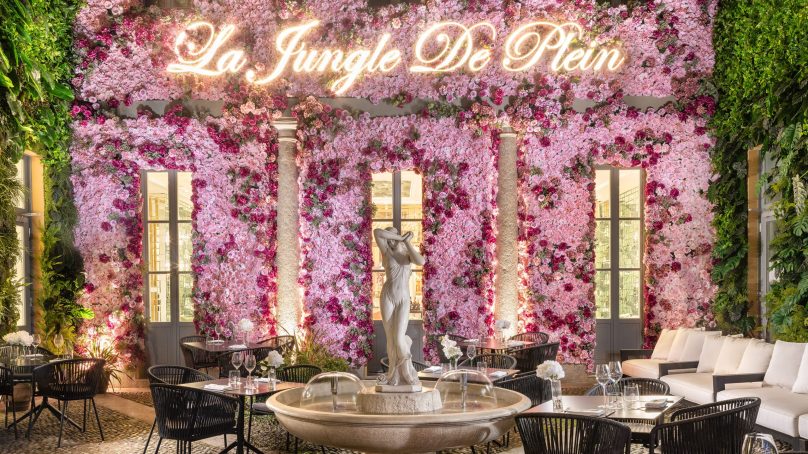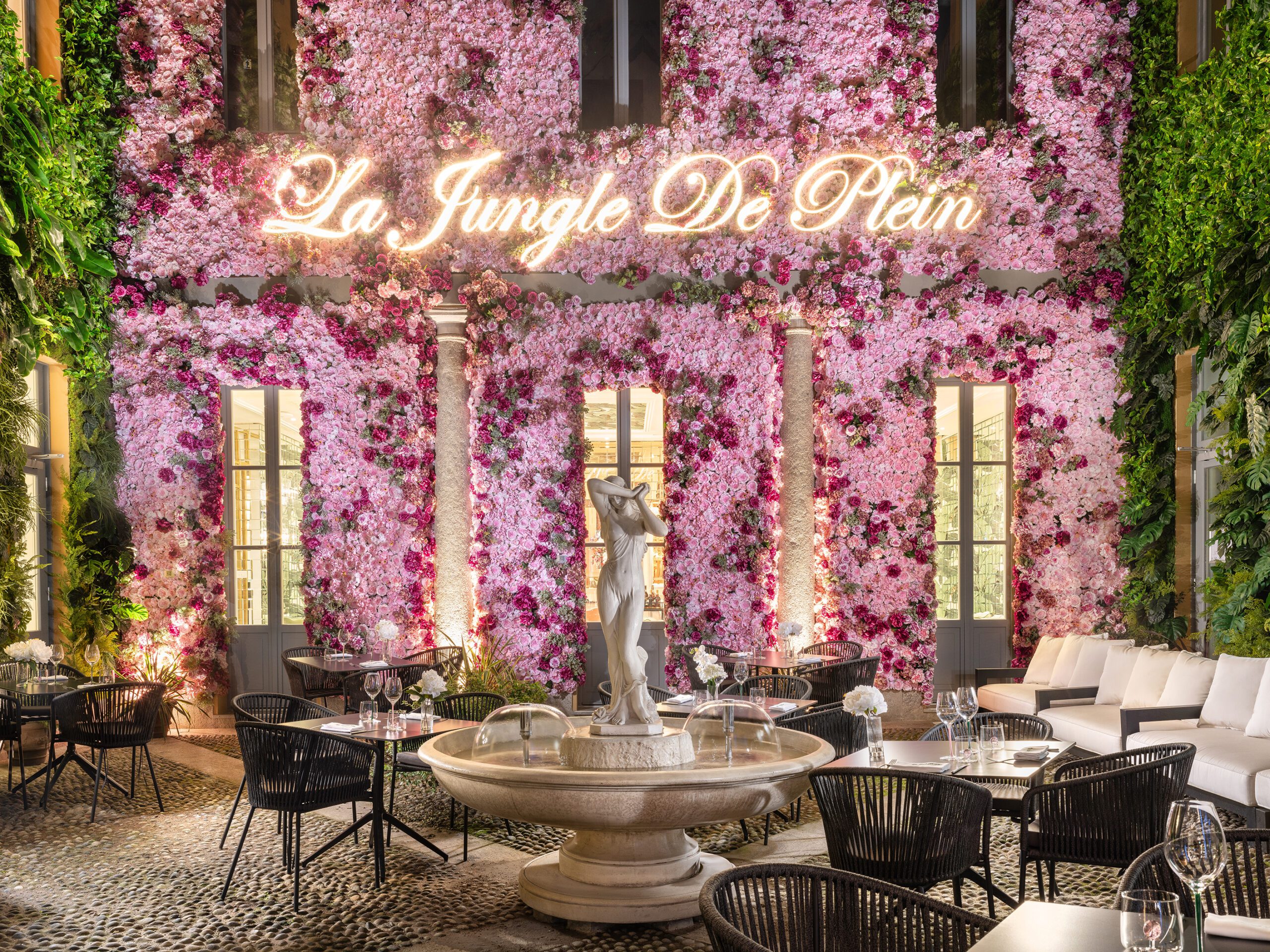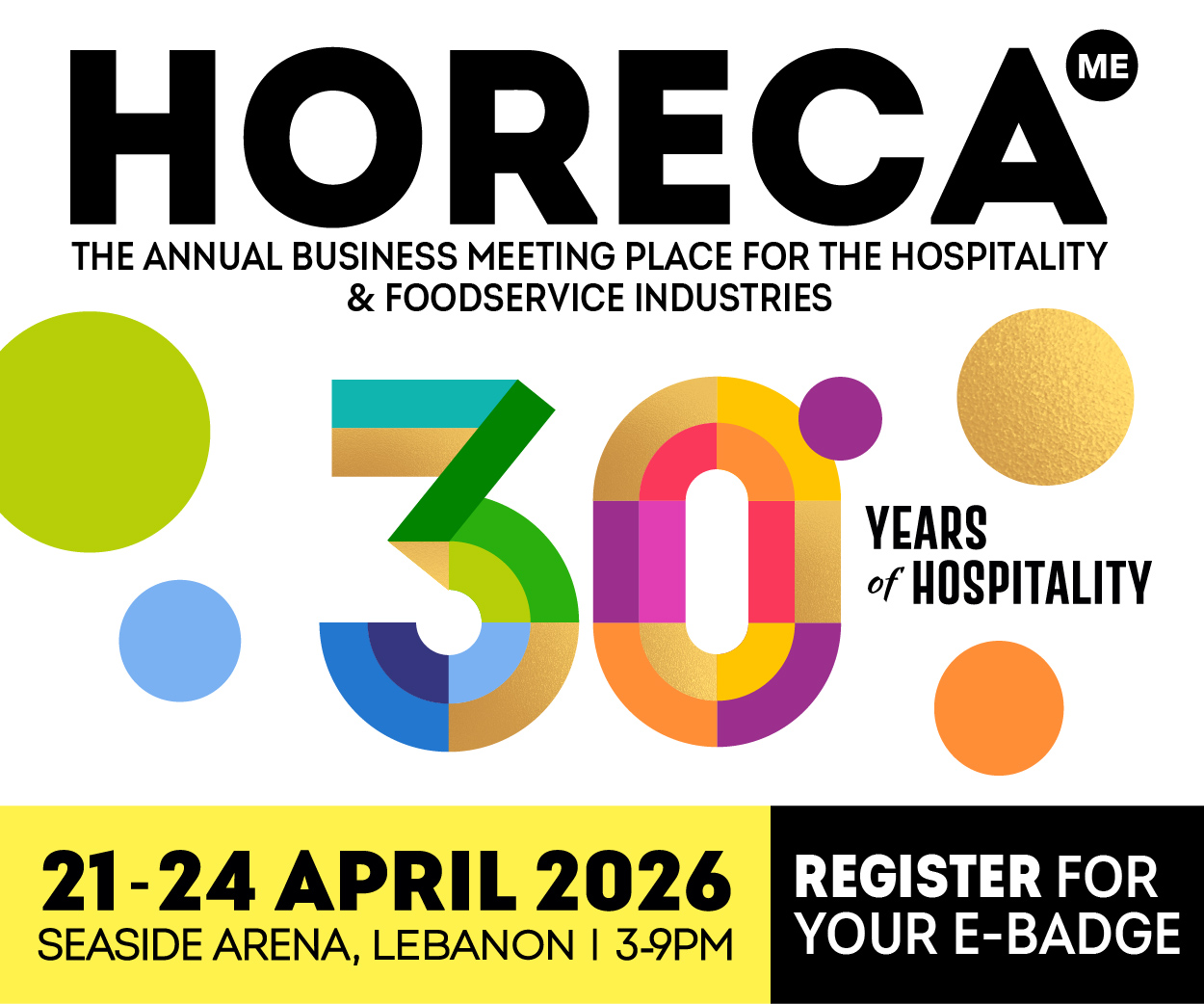

The traditional concept of luxury is undergoing a transformation. Comfort, aesthetics and exclusivity were once the gold standard. Today, they’re just the baseline. True innovation demands purpose, emotion and cultural relevance. Moreover, high-end hotels are becoming catalysts for global conversations on identity, sustainability and ethics. Furthermore, in the Middle East, properties like The Chedi Katara in Doha don’t merely host guests; they reinterpret local heritage through a contemporary lens. Thus, they craft experiences that speak to the world.
Designing for emotional intelligence
Architecture and design must go beyond beauty, they must be empathetic. Furthermore, spaces should read the guest’s emotional state and respond with sensitivity. For instance, hotels like Zedwell in London integrate neuroscience and environmental psychology to reduce anxiety and promote restful sleep. In the Middle East, where hospitality is deeply ritualistic, designing with emotional intelligence means respecting cultural codes and anticipating unspoken needs.
F&B as cultural diplomacy
Food and beverages serve as a dynamic tool for expressing identity through tailored experiences. Moreover, hotels are increasingly becoming gastronomic hubs. For example, a notable Italian establishment that embodies this vision is the Plein Hotel in Milan, designed by architect Andrea Langhi. The rooms reflect the brand’s identity and each venue within the hotel is not merely an F&B space, but a distinct concept treated as a standalone brand. Immersive environments blend haute cuisine, entertainment and theatrical scenography. Moreover, bold, multisensory design transforms every moment into a memorable experience, where luxury becomes emotion and performance.
Radical sustainability
High-end guests don’t want to feel virtuous, they want to be part of real change. Moreover, the future of hotel design is regenerative, not just sustainable. For example, the Red Sea Project doesn’t simply reduce environmental impact, it reverses it, restoring ecosystems and engaging local communities. Consequently, it demands a new aesthetic, fewer exotic materials, more local beauty and more transparency.
Hybrid hospitality
Luxury hotels are becoming fluid platforms, places to work, create and learn. No longer just rooms and restaurants, they may also be galleries, recording studios, concept stores and temporary residences. Furthermore, The Edition Abu Dhabi is a prime example: a space that hosts art, fashion and thought. Design must be modular, porous and capable of embracing multiple identities and hybrid functions.
The future of luxury hospitality is not about style, it’s about meaning. Importantly, the age of passive hospitality is over. Today, guests seek more than a bed, they crave meaning, connection and metamorphosis. Consequently, hotels must rise to the challenge, interpreting the world around them. Thus, they need to provoke thoughts and emotions, and transform every moment into something unforgettable. Architects and designers have to be very creative and supported by strategists and curators of cultural experience. As a strategic advisor and concept creator, I believe true luxury now lies in the ability to generate meaning, not just deliver service. Designing experiences means interpreting latent desires, anticipating cultural shifts and crafting spaces that speak to the times we live in. The future of hospitality will not be written by those who chase trends, but by those who shape them. In this context, design is not decoration: it is strategy, vision and marketing.

Norman Cescut,
founder and CEO of Desita
desita.it
@desita.it
@norman_cescut






